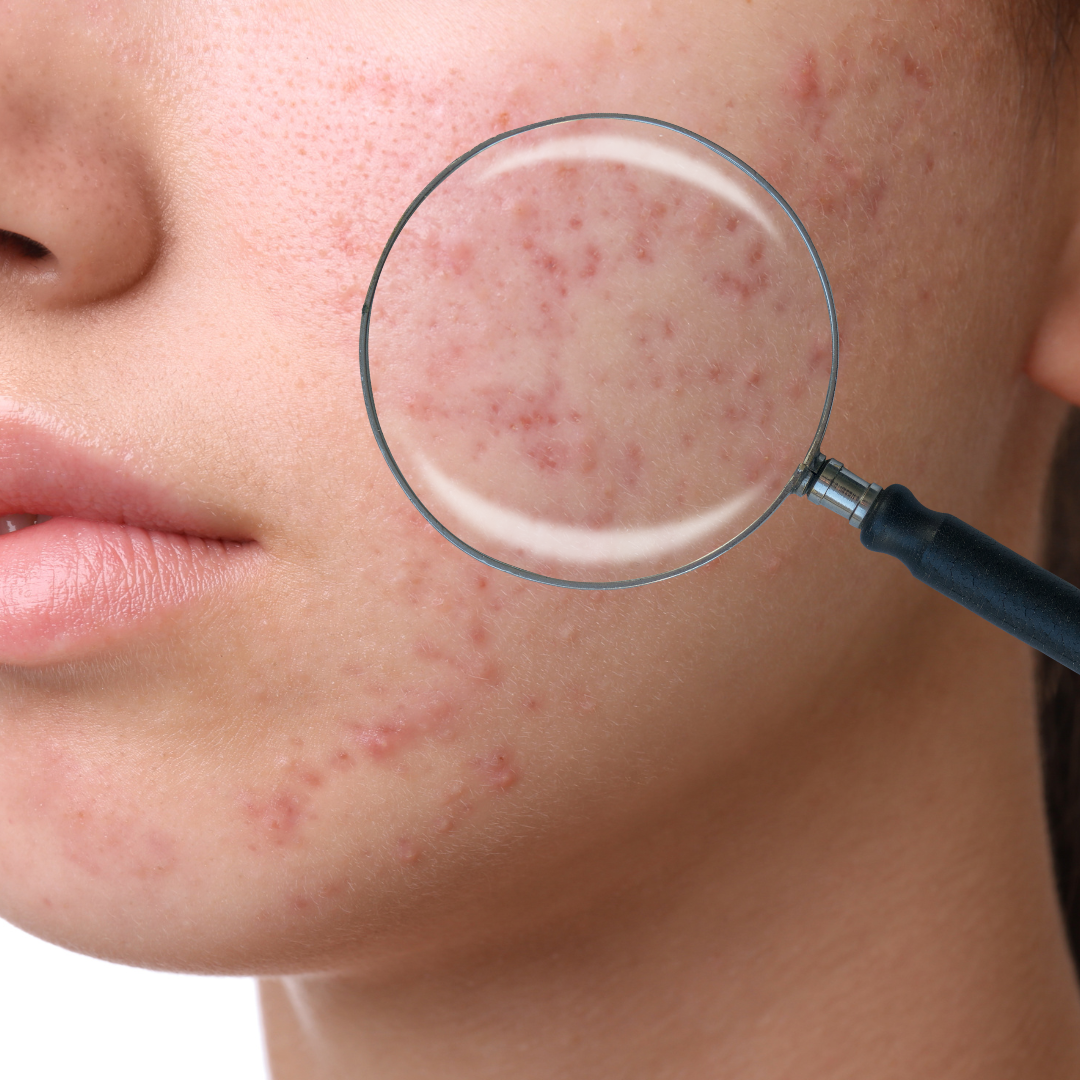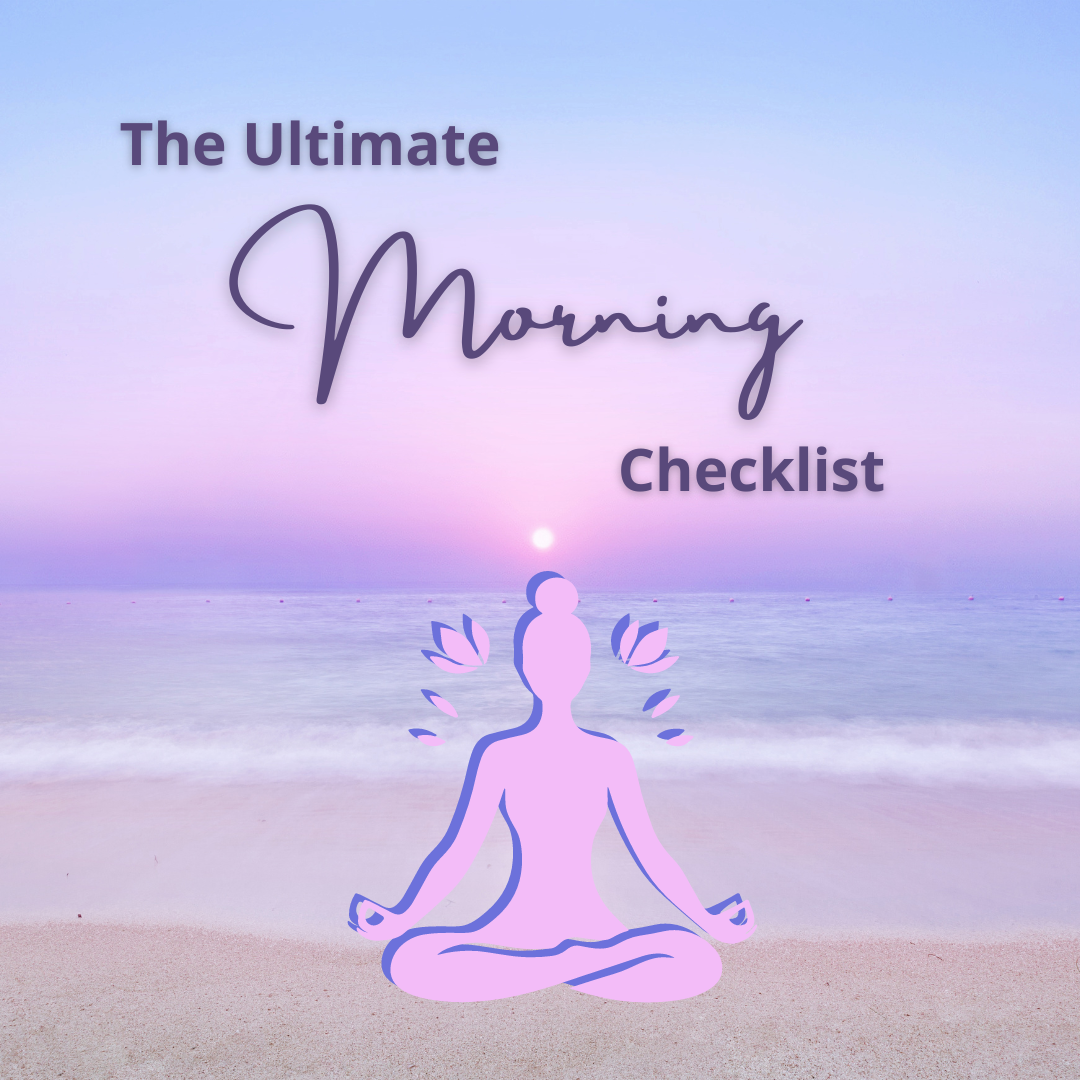
Skincare Myth Busting!
Top 10 Common Misconceptions in Skincare: Debunking Myths for Healthier Skin
In the ever-evolving world of skincare, it’s easy to get caught up in trends, marketing claims, and misinformation. Whether it’s through social media, beauty blogs, or even advice passed down through generations, many skincare practices have been misinterpreted or overhyped, leading to confusion and improper routines. To help you navigate the sea of skincare myths, we’ve compiled the top 10 most common misconceptions that might be holding you back from achieving your best skin yet.
1. "Oily Skin Doesn’t Need Moisturizer"
One of the biggest myths in skincare is that oily skin types don’t need to use a moisturizer. Many people with oily or acne-prone skin skip this step, thinking it will only exacerbate the oiliness and cause breakouts. However, skipping moisturizer can actually make your skin produce more oil.
When oily skin becomes dehydrated, the skin's natural response is to produce more sebum (oil) to compensate for the lack of moisture. This leads to increased shine, clogged pores, and more breakouts. The key is to use a lightweight, oil-free moisturizer designed for oily skin types. Look for non-comedogenic products with ingredients like hyaluronic acid or glycerin to hydrate the skin without clogging pores.
2. "You Don’t Need Sunscreen on Cloudy Days"
This is one of the most common and harmful misconceptions in skincare. The truth is, up to 80% of UV rays can penetrate clouds and reach your skin. UVA rays, which are responsible for premature aging and long-term skin damage, are present all year round, regardless of the weather. Even on a cloudy or rainy day, these rays can still cause harm, increasing the risk of sunburn, hyperpigmentation, and skin cancer.
Using a broad-spectrum sunscreen with at least SPF 30 every day—regardless of whether it’s sunny, cloudy, or cold—is essential to protect your skin. Make sure to reapply throughout the day for optimal protection.
3. "Expensive Products Are Always More Effective"
Many people believe that higher-priced skincare products equate to better results, but price isn’t always an indicator of a product’s effectiveness. In many cases, high-end skincare products may contain the same active ingredients as drugstore versions, but with added fragrances or luxurious packaging that drives up the cost.
When it comes to skincare, the focus should be on the formulation and ingredients rather than the price tag. Ingredients like retinol, vitamin C, ceramides, and salicylic acid are found in both luxury and drugstore products, and can deliver effective results when used consistently.
Inexpensive products from reputable brands with quality formulations can work just as well—if not better—than their more expensive counterparts. Consistency and correct application are often more important than the price.
4. "You Can Shrink Your Pores"
Despite many product claims, pore size is largely determined by genetics, and you cannot permanently shrink them. Pores may appear larger due to oil, dead skin, or debris clogging them, but they won’t shrink in size no matter how many toners or serums you use.
The fact is, pores do not have muscles, which means they cannot open or close like a door. Pores are small openings in the skin where hair follicles reside and where oil and sweat are released. While it's true that pores can appear more or less visible, they don’t actually change size or "open" and "close."
However, you can minimize the appearance of your pores by keeping them clean and using the right products. Ingredients like salicylic acid and niacinamide can help unclog pores and reduce their visibility, giving your skin a smoother appearance.
When you use steam or hot water on your face, you might feel like your pores are opening. However, what is happening is that the heat is softening the debris (oil, dirt, dead skin cells) inside your pores, making it easier to remove during cleansing. Similarly, when you splash your face with cold water, it might give the temporary sensation of "tightened" skin, but it's not actually closing the pores. Instead, the cool water causes blood vessels to constrict, which reduces inflammation and makes pores less visible for a short time.
Exfoliating regularly and using products that control excess oil production can also help keep pores looking smaller, but it’s important to remember that their actual size won’t change.
5. "Acne is Just for Teenagers"
While acne is often associated with puberty, many adults experience adult acne well into their 30s, 40s, and beyond. Factors such as hormonal changes, stress, and lifestyle can lead to breakouts at any age.
Hormonal imbalances, in particular, can trigger hormonal acne in adults, especially women. Additionally, certain products or ingredients might cause clogged pores and irritation, leading to acne.
The misconception that acne only affects teenagers often leads adults to ignore their skin concerns or treat them with the wrong products. Adult acne often requires a more gentle and targeted approach, focusing on hormonal balance, stress management, and using non-comedogenic products.
6. "Exfoliating Daily is Necessary for Smooth Skin"
Exfoliation is crucial for removing dead skin cells, improving skin texture, and promoting a healthy glow. However, over-exfoliating can do more harm than good. Many people believe that daily exfoliation will lead to smoother, clearer skin, but over-exfoliating can compromise your skin barrier, leading to irritation, dryness, and even breakouts.
Chemical exfoliants like AHAs (alpha-hydroxy acids) and BHAs (beta-hydroxy acids) are highly effective and should generally be used 2-3 times a week depending on your skin type and the product’s strength. Physical exfoliants, like scrubs, should be used sparingly and gently to avoid damage.
Exfoliating too frequently strips away the skin’s natural oils and disrupts its protective barrier, leaving it more vulnerable to environmental stressors and moisture loss.
"Scrub Harder for Clearer Skin"
Many people believe that scrubbing the skin harder or using abrasive exfoliants will lead to clearer, smoother skin. While exfoliation is an important part of a skincare routine, this myth can do more harm than good.
The Truth About Exfoliation
Over-exfoliating or using harsh, gritty scrubs can actually damage the skin barrier, leading to increased irritation, redness, dryness, and even breakouts. Your skin's natural barrier is designed to protect against environmental damage, and aggressive scrubbing can strip away the protective oils and disrupt the balance of bacteria on the skin, causing more harm than good.
The Right Way to Exfoliate:
- Gentle is Key: Use a chemical exfoliant like AHAs (glycolic acid, lactic acid) or BHAs (salicylic acid) for a more controlled and gentle exfoliation. These acids break down dead skin cells without the need for scrubbing.
- Frequency: For most skin types, exfoliating 2-3 times a week is sufficient. Over-exfoliating can lead to increased sensitivity and breakouts.
- Clear 6 Serum is an ideal daily exfoliant because it is non irritating and soothes skin while boosting cellular turnover and clearing pores!
Dermatologists recommend listening to your skin: if it feels sensitive or irritated after exfoliation, give it time to recover. Scrubbing harder won’t lead to clearer skin—in fact, it may lead to more skin problems.
7. "Anti-Aging Products Are Only for Older Skin"
Many people assume that anti-aging products should only be used once fine lines, wrinkles, or other signs of aging have appeared. However, the best time to start using anti-aging products is in your mid-to-late 20s as a preventive measure. By the time visible signs of aging appear, much of the damage is already done.
Products that contain retinoids, peptides, and antioxidants can help prevent early signs of aging by stimulating collagen production, protecting against free radicals, and improving skin elasticity. Incorporating these products into your routine early can help slow down the visible signs of aging and keep your skin looking youthful longer.
8. "Dry Skin Equals Dehydrated Skin"
Although dry and dehydrated skin can look and feel similar, they are actually two different issues. Dry skin is a skin type, while dehydration is a skin condition that can affect any skin type, even oily skin.
Dry skin lacks oil, while dehydrated skin lacks water. Dehydrated skin can lead to tightness, dullness, and fine lines, but it can still produce oil, which may confuse those with oily yet dehydrated skin. The solution for dry skin is oil-based products, while the solution for dehydrated skin is hydration through water-based ingredients like hyaluronic acid.
Using hydrating serums and moisturizers can help reintroduce water into your skin, while using oils or rich creams can help lock that moisture in for dry skin types.
9. Funny Skincare Myths You Shouldn’t Believe
There are many skincare myths floating around that are more funny than factual. Here are a couple that stand out:
-
"Toothpaste Cures Pimples": This common myth suggests dabbing toothpaste on a pimple overnight will dry it out and make it disappear. In reality, toothpaste contains ingredients like menthol and fluoride, which can irritate the skin and worsen the blemish. Stick to acne treatments with salicylic acid or benzoyl peroxide instead.
-
"Chocolate Causes Acne": For years, people have blamed chocolate for breakouts. However, there’s no scientific evidence proving chocolate itself causes acne. Instead, other factors, such as sugar and dairy in chocolate, may contribute to breakouts in certain individuals. You can still enjoy a sweet treat, just in moderation!
-
"Sleeping on Your Back Prevents Wrinkles": While it's true that sleeping positions can affect how your skin folds, it's not a guaranteed anti-aging solution. Invest in a silk pillowcase and, more importantly, focus on using effective anti-aging skincare products.
10. "You Need to Feel a Burn for Skincare Products to Work"
There’s a popular myth that if a skincare product is making your skin tingle or burn, it must be working. This is false. While some active ingredients like retinoids or AHAs (alpha hydroxy acids) may cause a slight tingling sensation, a burning sensation usually indicates irritation or that the product is too strong for your skin type.
Healthy skincare should never cause a painful reaction. If a product causes burning or stinging, it’s a sign that the formula is either too harsh for your skin, or you may be experiencing an allergic reaction. Always start new products slowly, particularly potent active ingredients, and consult with a dermatologist if irritation persists.
Look for soothing ingredients like niacinamide, aloe vera, or centella asiatica (cica) to calm irritation and rebuild your skin barrier after any adverse reactions.




Leave a comment
This site is protected by hCaptcha and the hCaptcha Privacy Policy and Terms of Service apply.